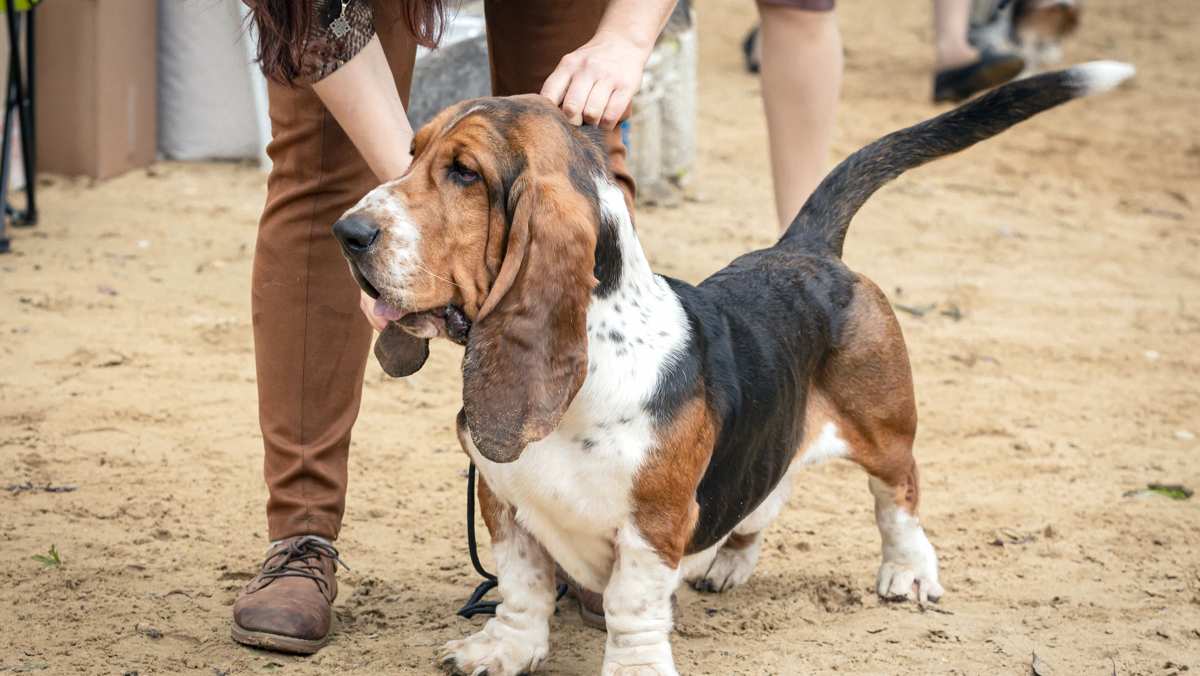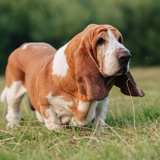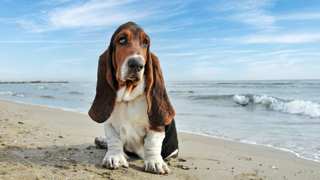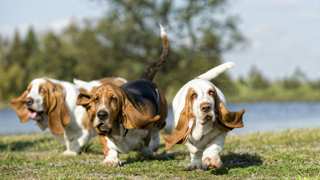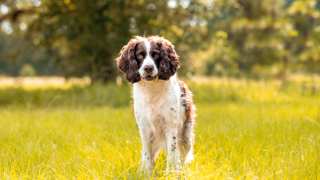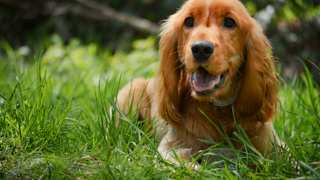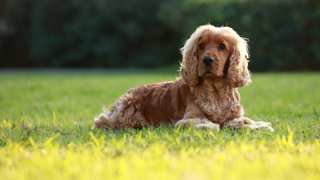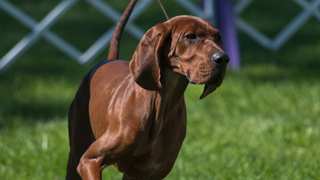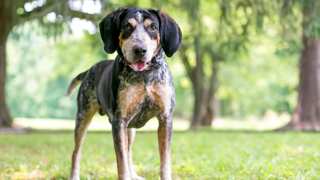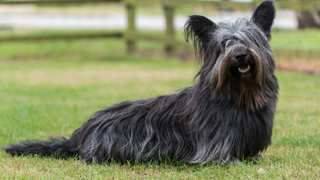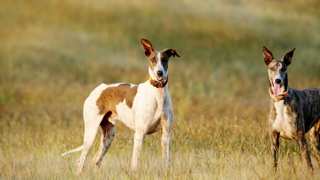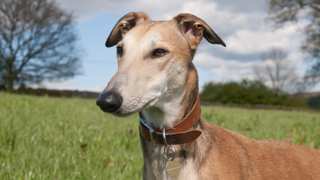This breed is known both for being low-energy and for having a big appetite--so weight control is the main concern with the Basset Hound diet. These dogs will need the proteins, carbs, vitamins, minerals, and omega fatty acids that all dogs require to sustain their health--but because of their potential weight issues, BHs need specified portions of those nutrients. This means that all Basset Hound food should be high-quality--and if it's formulated for weight control, even better.
"How much should I feed my Basset Hound to maintain its weight?" is a common question. And the quick answer: less than the dog wants! The typical adult BH, depending on its age, size, and activity level, will only need about 2½ cups of premium dry food per day, divided into two meals. Basset Hound puppy food portions, again depending on age, are a bit less: 1½ cups per day, divided into three meals (not two) until six months of age.
For more info about feeding these dogs from puppyhood through maturity, see this Basset Hound feeding guide:
Basset Hound Feeding ChartDog AgeDog WeightFood TypeAmountFrequency2 Months5 lbsDry (Puppy formula)0.2 cups3x/day3 Months10 lbsDry0.3 cups3x/day6 Months20 lbsDry0.5 cups3x/day9 Months35 lbsDry* (Puppy/Adult)1 cup2x/day12 Months45 lbsDry (Adult formula)1.25 cups2x/day14 Months+55 lbsDry1.25 cups2x/day*--Around this time, transition to adult food by first mixing in a bit of adult formula with the puppy formula. Over the course of a week, with each meal add a little more adult food to the mixture, until the dog is eating it entirely.
It's extremely important for BH owners to stick to the above-listed portions, regardless of how much the dog begs for more. Again, these dogs will easily become obese if constantly overfed (and under-exercised)--and a fat Basset Hound will have major joint, breathing, and digestive problems, not to mention a shortened lifespan. Several ways to control your BH's weight:
- Establish regular feeding and exercise schedules
- Do not feed the dog table scraps
- Feed only healthy or homemade treats (in moderation!)
- Don't leave food in the dog's bowl all the time; put the bowl down only at mealtimes
If you're worried your Basset Hound is overweight, it's best to consult a veterinarian. If the vet says your BH needs to diet, then you can reduce the dog's daily food consumption by one-fourth, and add an extra walk or play period to its daily exercise schedule.
